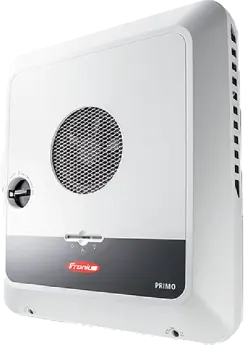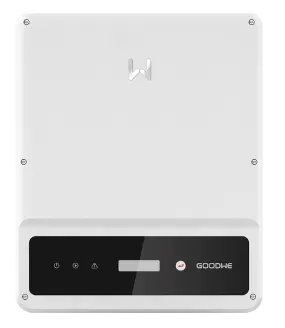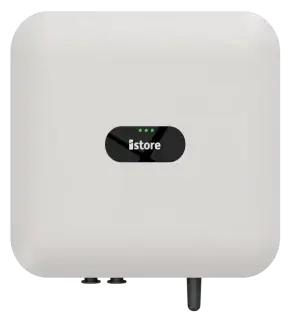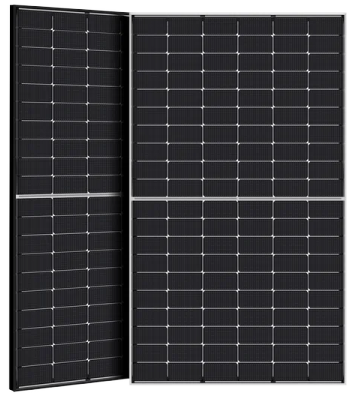How Solar Works
How Solar Work
Energy Generation and Utilization
Key Components of Solar System
Solar Inverters

A residential solar inverter is an essential device within a solar energy system. Its primary function is to convert the direct current (DC) electricity generated by solar panels mounted on your roof into alternating current (AC) electricity. This AC electricity is the standard type used in most homes, powering your lights, appliances, and electroics seamlessly.
Beyond its role in converting electricity, the solar inverter also serves a critical purpose in ensuring the synchronization of solar energy with the utility grid. This synchronization allows for efficient energy management in two key ways. Firstly, it enables immediate utilization of solar power within your home, reducing reliance on grid electricity and potentially lowering your utility bills. Secondly, any surplus energy generated by your solar panels can be seamlessly fed back into the grid. This process, known as net metering, allows you to receive credits for the excess energy you contribute, enhancing the financial benefits of your solar investment.
In summary, the residential solar inverter acts as the cornerstone of your solar energy system, facilitating the conversion of solar power for household use while enabling seamless integration with the utility grid.



Solar Panels

Selecting the right solar panels is essential for a successful solar energy system. Efficiency is crucial because it directly impacts the amount of electricity generated from sunlight. When panels are more efficient, they produce more power using fewer panels, which saves both money and space. Additionally, durability is paramount, given that solar panels are exposed to tough weather conditions.
Ensuring durability guarantees a longer lifespan for the panels, making the investment more worthwhile in the long term. By prioritizing efficiency and durability in panel selection, homeowners and businesses can maximize the benefits of solar energy while safeguarding their investment against environmental challenges.






